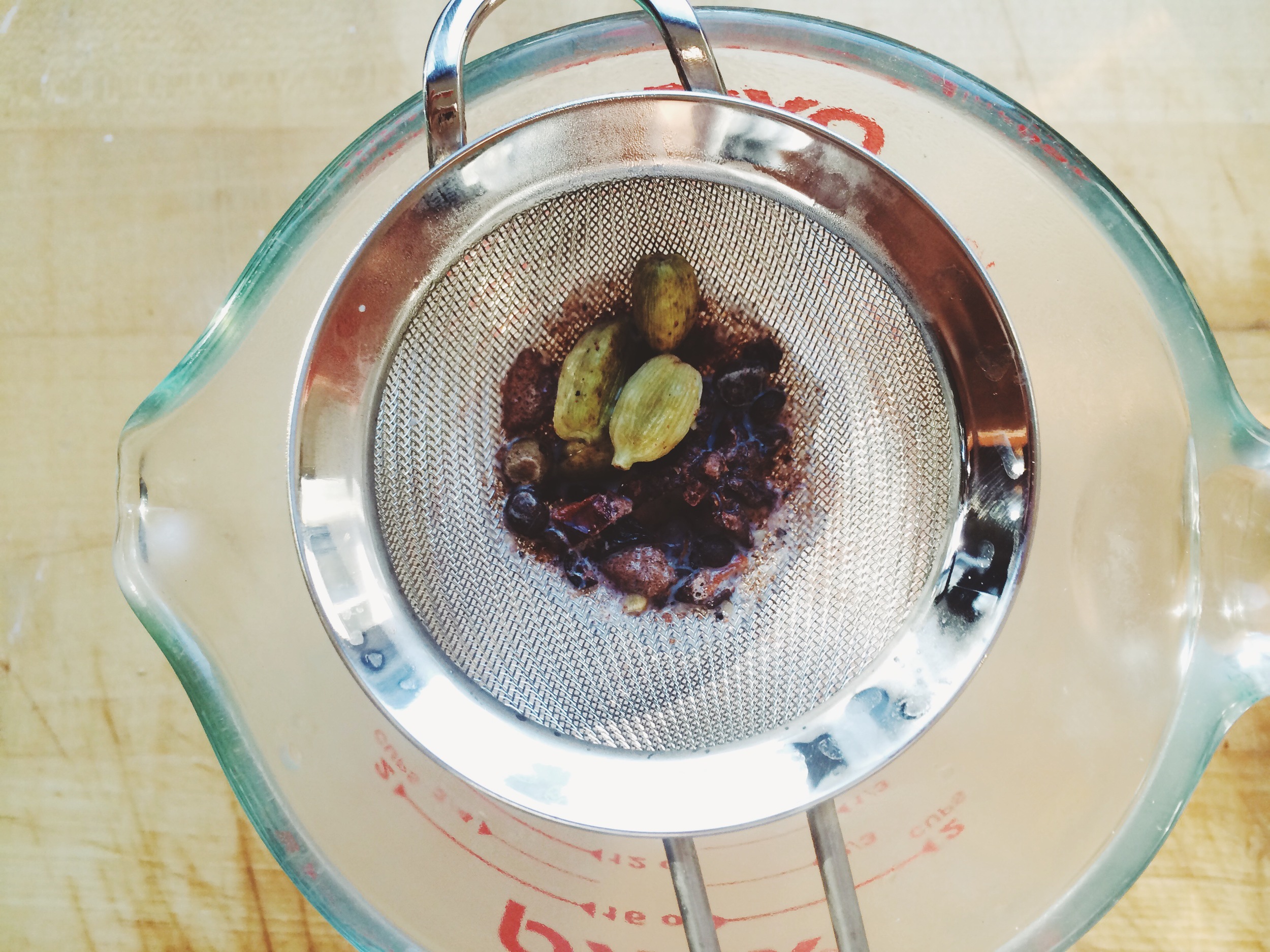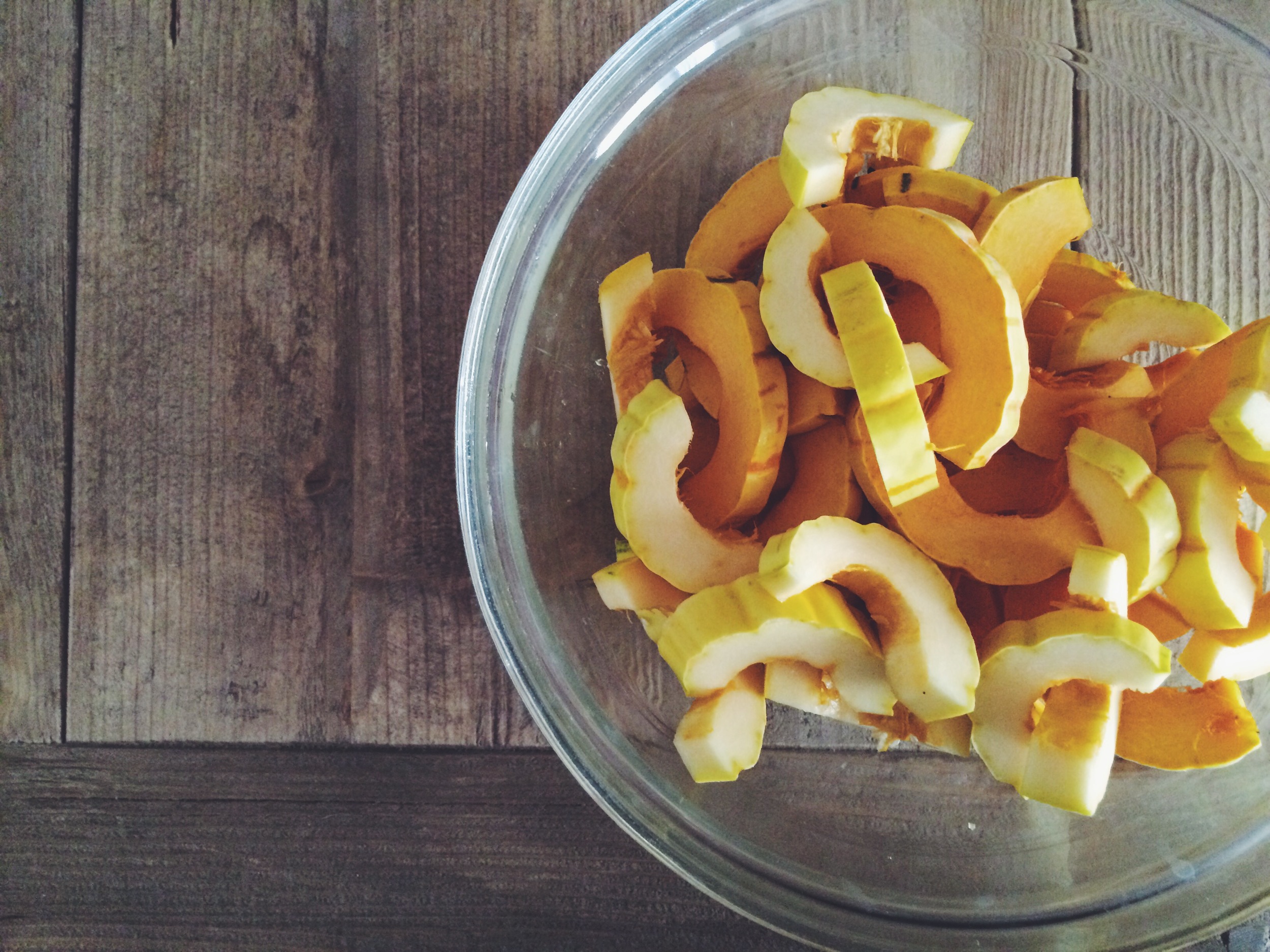When Andrew and I moved to Los Angeles in 2008, it took three months for me to find a job. Every day he went to work and I spent hours online searching for positions and updating my resume. Because we were keeping a close watch on our budget, I passed the time by going to coffee shops as a weekly treat to break up the simplicity of my days. During those mornings when I watched customers come in and out, I wondered who they were. Of course, I knew why I was sitting there when most people were at work, but what of the rest of them?
Living in Los Angeles, many work in what we affectionally call "the industry," that is, the entertainment business. Actors, producers, agents, etc. are everywhere, really, especially in the Beverly Hills neighborhood we used to live in. That partially answers the question, but the truth is we never really know what brings people inside.
Sometimes for a writer there can be no better place to work, and when I read this poem I couldn't help but think back to years ago when coffee shops provided a certain refuge and anonymity during a time when I really didn't have it all together. But the cafe in this poem isn't the one in my memory. It's a darker, sinister version offering just as many lessons.
The Cappuccino Life
The dead eat with their fingers,
dismembering poppy seed muffins,
pinning crumbs to the table like correct
answers to crossword puzzles.
Skeletons heat their hands on cups
of soy latte and chai tea. Unearthed,
they snake panini sandwiches
from state-of-the-art ovens
without tongs. At Cafe Posada,
they troll the newspapers, reading
about Christmas rituals in Latin
America, the geography of Poland,
the 1330 battle in the Hungarian-
Wallachian Wars, until their bones
burn with ink. But even then,
they leave no identifying prints.
From Brie Season, Kelsay Books, 2014. Reprinted with permission from the author.
Someone beside you is not eating a poppyseed muffin, but "dismembering" it. "Skeletons," not people, warm their hands on cups. Here, everyone is dead, or very nearly dead.
Metaphorically speaking, we can approach the dead as more of an absence. Because isn't that what we often go into coffee shops for? For a lack of connection? We enter the doors and blend into the table we sit at. Instead of making a raucous, the panini press and cappuccino foam and almond milk lattes take center stage as they're announced proudly from the counter.
We can be anonymous. We don't have to tell anyone of our failures or mistakes. When we sit down at a table, we have no idea who sat there minutes before, what scares them, what inspires them, what project they were working on or what magazine they were reading. We know nothing. In some ways, this lack of connection with others forces us inward to confront ourselves. Perhaps that is the true fear this poem reveals.
The last line struck me as a beautiful depiction of this exchange between ourselves and the blank page we're working to fill. Among the daily bustle of the coffee shop, we are all just ghosts passing through, working and writing as best we can. And even if there is the hope of connection or a yearning to verbalize more than simply our drink order, none of us leave "identifying prints" for the next soul that takes our seat. We must all fend for ourselves, drinking chai.
ALMOND MILK CHAI
What I've discovered about chai is that it benefits from a good, long steep. Unfortunately, this might mean you make it in the morning (or the day before), and wait to drink it until later. I know, the agony. But I've sipped enough mediocre homemade chai to know it's worth the wait.
There's also a process involved with infusing, then straining, then heating with tea, then straining again. It seems laborious, in some ways, but when you're truly in the mood for chai, there is nothing more comforting.
As with many recipes, your chai spice mix is a very personal matter. This is my current favorite, because it errs on the savory side. If you want a little less spice, omit the ginger the first time to see how you like it.
Serves 1
1 teaspoon whole cardamom pods
1/2 teaspoon whole all spice
2 star anise
2 slices fresh ginger (unpeeled)
1/2 teaspoon ground cinnamon
1 to 1 1/2 cup homemade almond milk
Raw honey
1 bag black tea
Place the cardamom, all spice and star anise on a cutting board and lightly crush the spices with the side of a sturdy knife. Scrape into a small sauce pan, then add the ginger and cinnamon. Pour the almond milk into the pot, add a dollop of honey (I like about 1/4-1/2 teaspoon) and simmer over medium-low heat for at least 15 minutes. Turn off the heat, cover, and let steep for as long as you can bear. (It's perfectly fine to continue after this point, just try different variations in the future to find your perfect steep time.)
Drop in the tea bag and simmer for 5 minutes more. Strain over a mug and enjoy with a good book.









